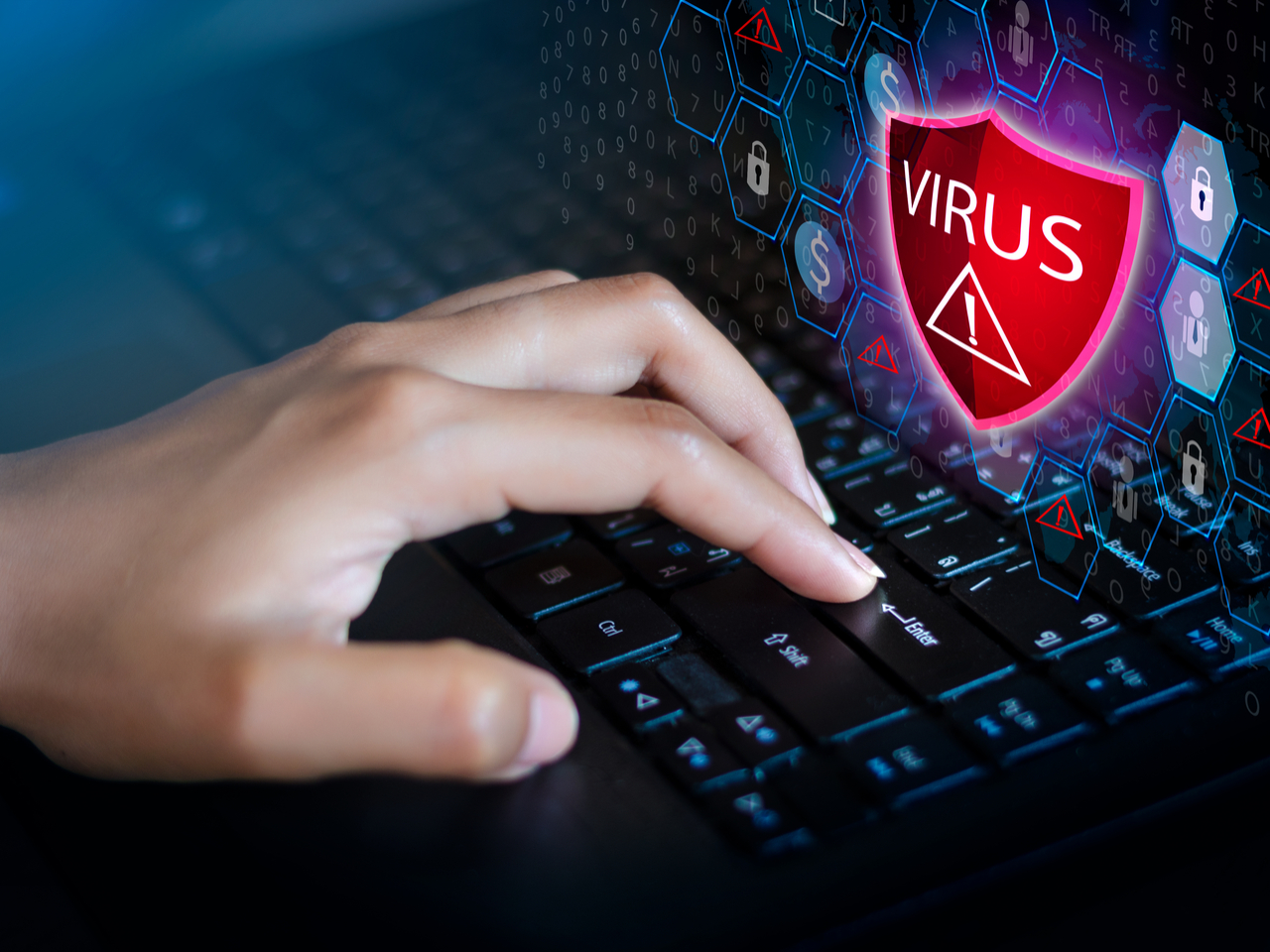A computer virus or malware is not just something that’s mildly frustrating, but it could signal the death knell for your computer. Some of the following tips to protect your computer from viruses and malware are simple, and these things can go a long way to keep your computer and your data safe.
1. Anti-Virus Software
Arguably, this is the most important thing you can do for your computer. While having anti-virus software is important, you have to remember that maintaining it is just as crucial. There are free anti-virus packages out there but they aren’t always the best solution. The best thing you can do is invest in an anti-virus package that continually looks for updates.
2. Keep Your Operating System Up-To-Date
Whatever operating system you use, it is crucial for you to keep it up-to-date. As operating system developers will issue security patches on a regular basis in response to viruses or malware that are new kids on the block, this will help to keep your system safe. Whenever there is an update, it’s important to do it as soon as possible. Even if you have anti-virus software, it is only as good as the database it is on.
3. Be Careful When Opening Emails
Unsolicited emails are so common in everyday life. You have to think before you click on anything. If you have doubts as to the content, always hover your mouse over a link before you click on it to see where it might take you.
4. Avoid Peer-To-Peer File-Sharing Programs
Torrent websites that allow you to download files from other computer users is a great way to let viruses into your network. And even if you share files from a flash drive lent to you by a friend, there may still be a virus. Avoiding any form of file sharing gives you an additional layer of protection.
5. Install Firewall Protection
Firewall protection is part and parcel of every computer now. And you can either use the inbuilt firewall provided by Windows or use a third-party firewall program, but many people feel that it gets in the way if they leave it on. If you always make sure it is on, it is an extra line of defence.
6. Secure Your Computer Network
As our computers are connected via a Wi-Fi connection, we need to make sure that our computer network is protected as much as possible. The first line of protection is to make sure that your password is really strong. A strong password usually consists of uppercase letters, lowercase letters, and a mixture of symbols and numbers. But you can also secure your computer network by using WPA or WPA2 encryption, rather than WEP, as this is not deemed strong enough. You should also think about entering the SSID and password manually rather than transmitting the name of your Wi-Fi network automatically for any randomer to see.
7. Do Not Use Open Wi-Fi Networks
Being in the local coffee shop usually means a free Wi-Fi network, which is amazing if you want to save your data allowance. But if you are able to access these networks easily, so can a hacker. If you really need to use an open Wi-Fi network, use it purely for browsing and don’t input sensitive data or information.
8. Be Diligent With Downloading
When you are on the internet you need to avoid websites that boast “free” items. Websites that contain illegal software downloads or free games are very likely to contain a whole manner of malware. These sorts of websites are like a cattle market for hackers.
9. Change Your Settings to Protect Your Computer
You may decide that you are serious about protecting your computer beyond anti-virus packages, but what can you do? You can change the settings to protect your computer. For example, you can disable your computer’s ability to open email attachments. You could also change your email settings and receive emails as text rather than HTML.
10. Learn About Viruses
It sounds so simple, but if you don’t understand the key details associated with malware spyware and viruses how can you protect yourself against them? It’s a very basic thing, but if you start to undertake a little bit of research, it gives you a far better understanding of where these things can surface.
Protecting your computer from viruses and malware has never been more important. These 10 tips will give you a thorough grounding in viruses and malware so you can protect your computer in as many ways as possible.
Helpful guide: How Many Amps Does A Computer Use?
